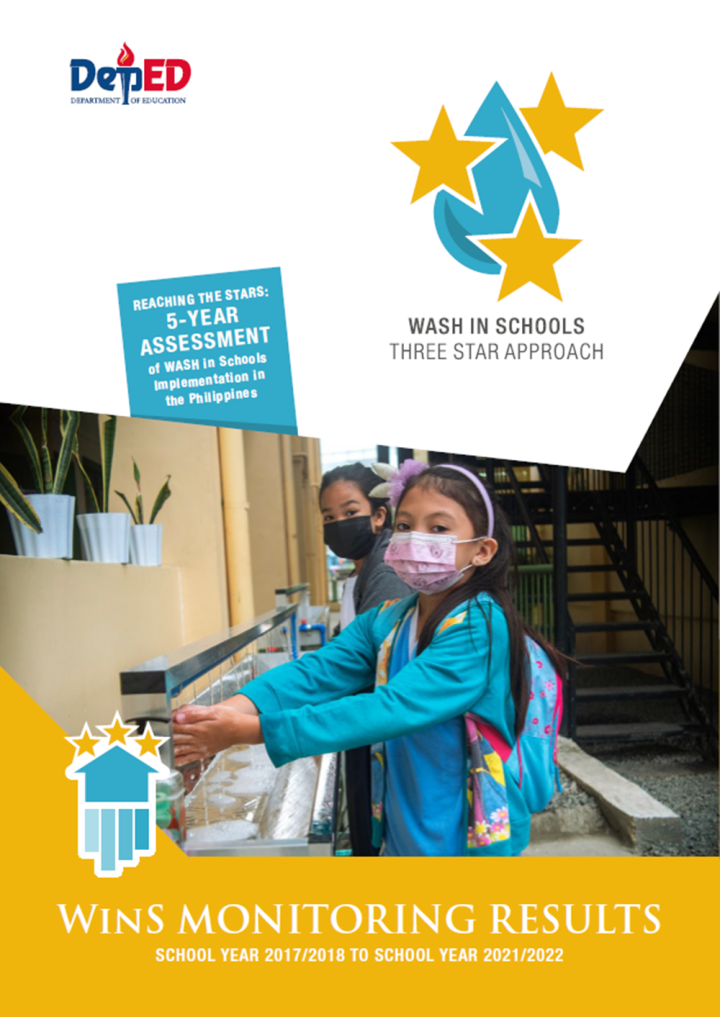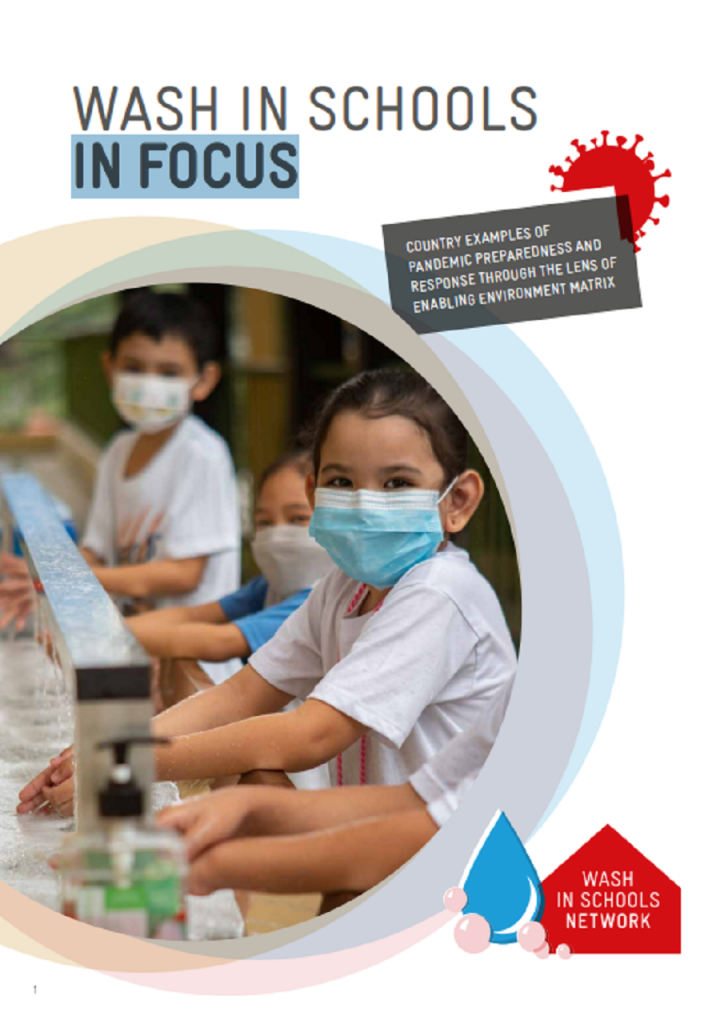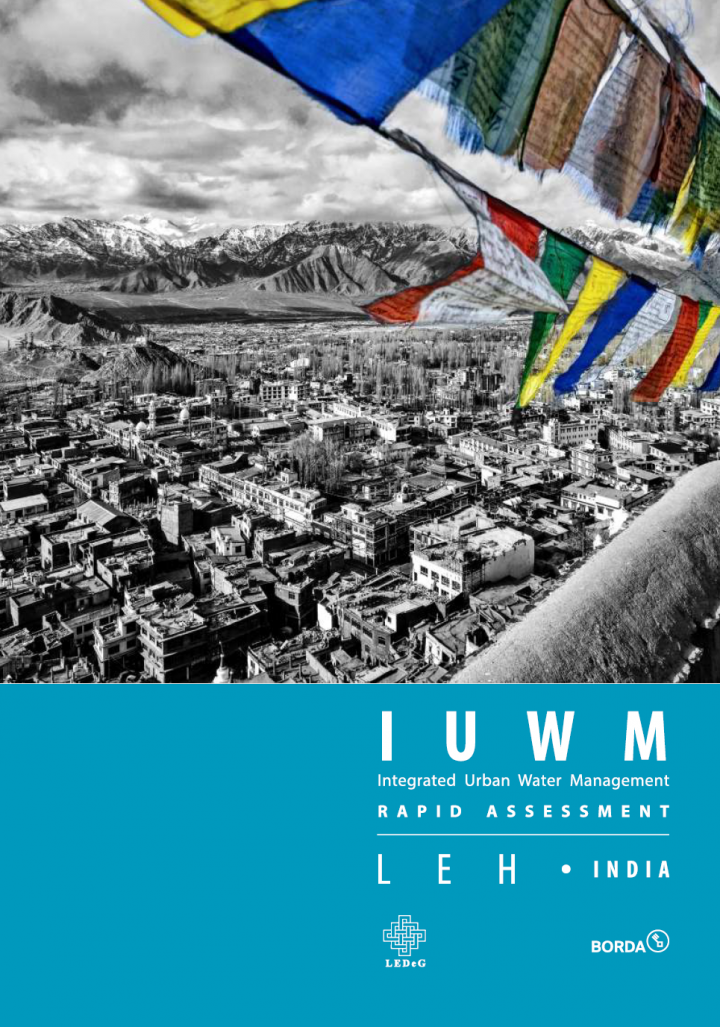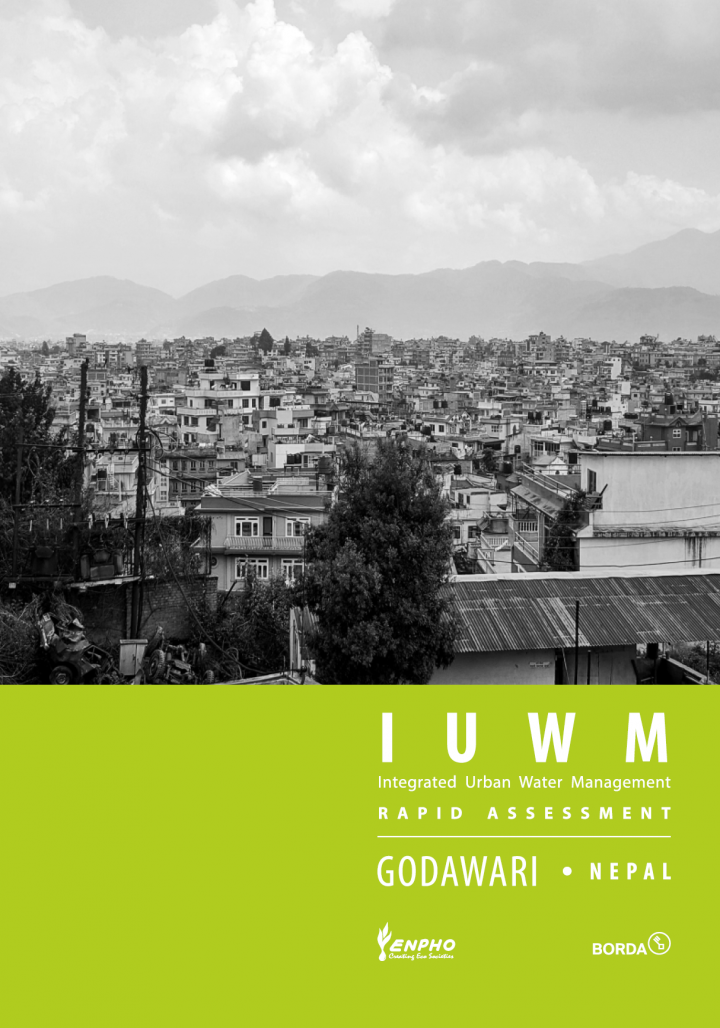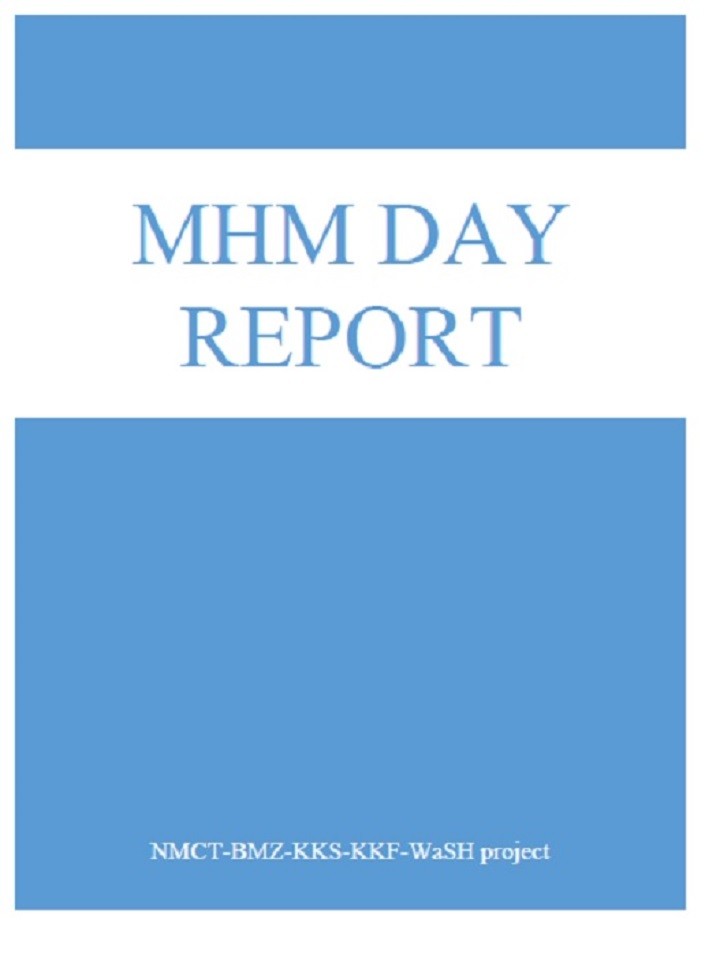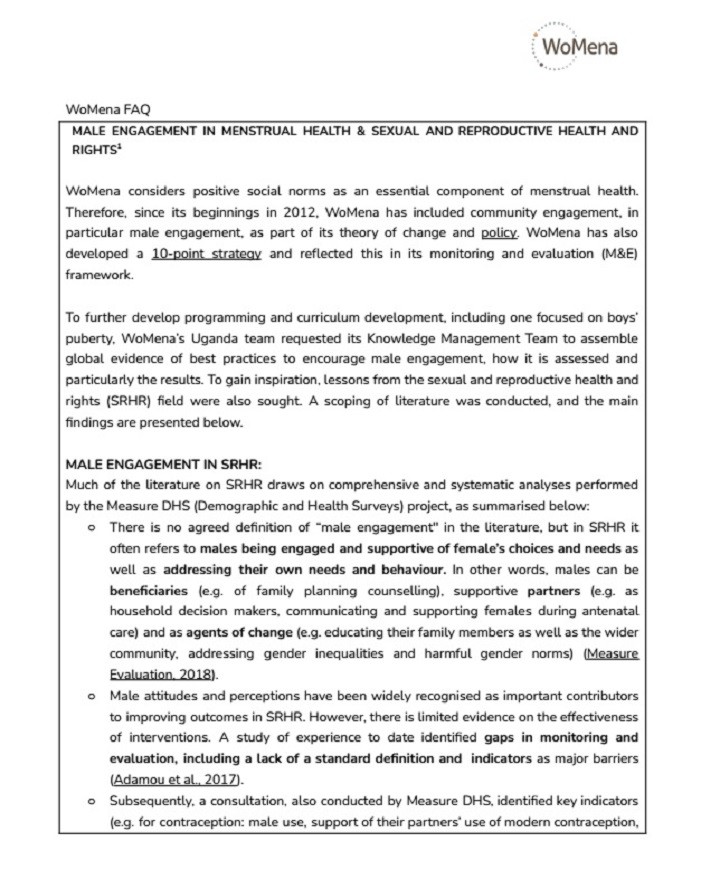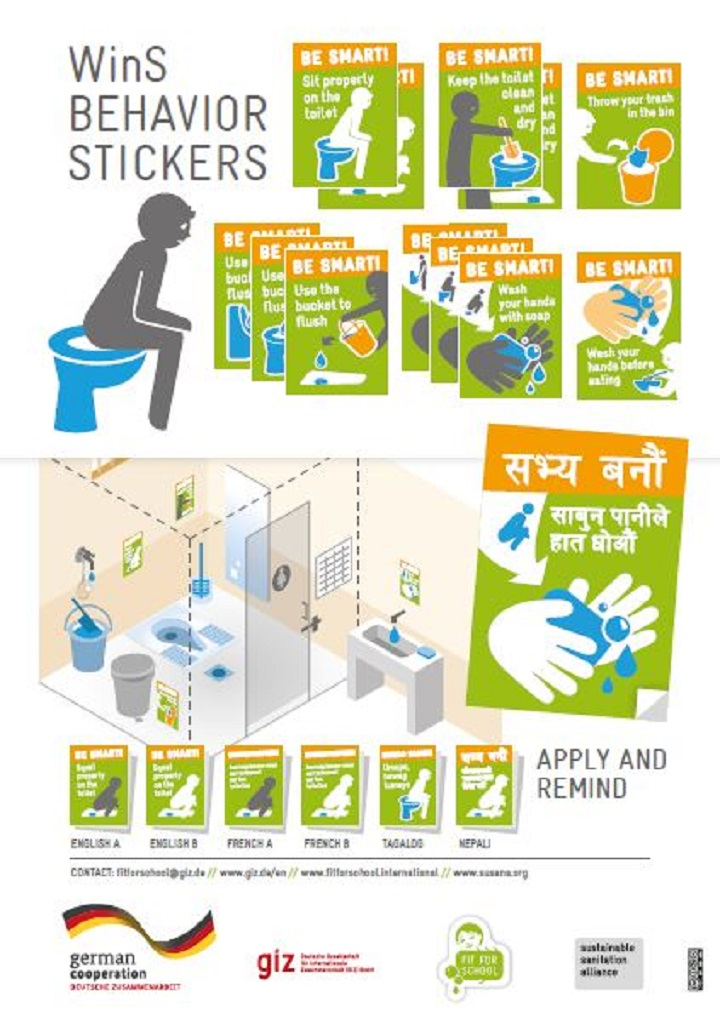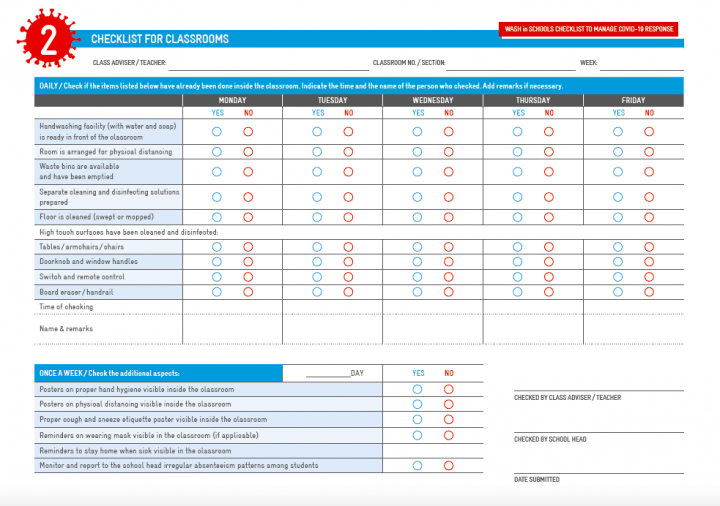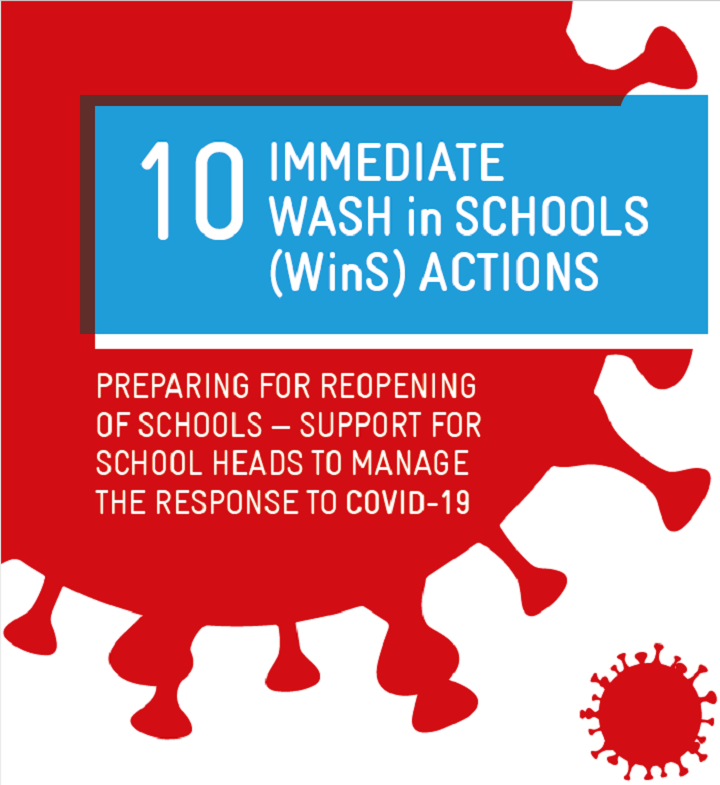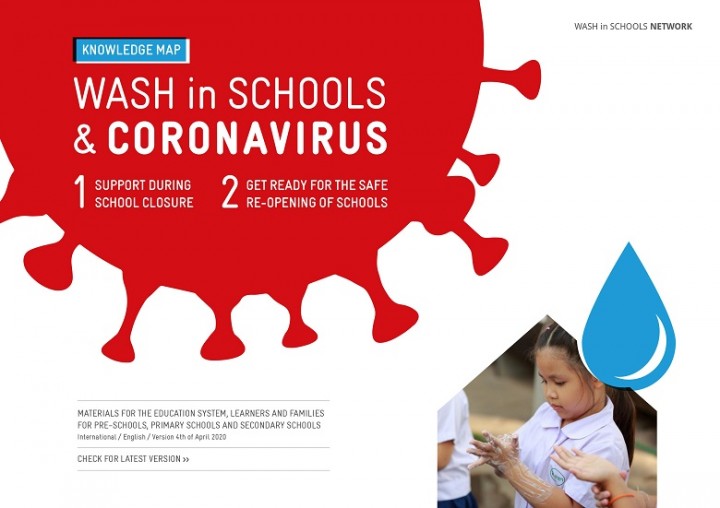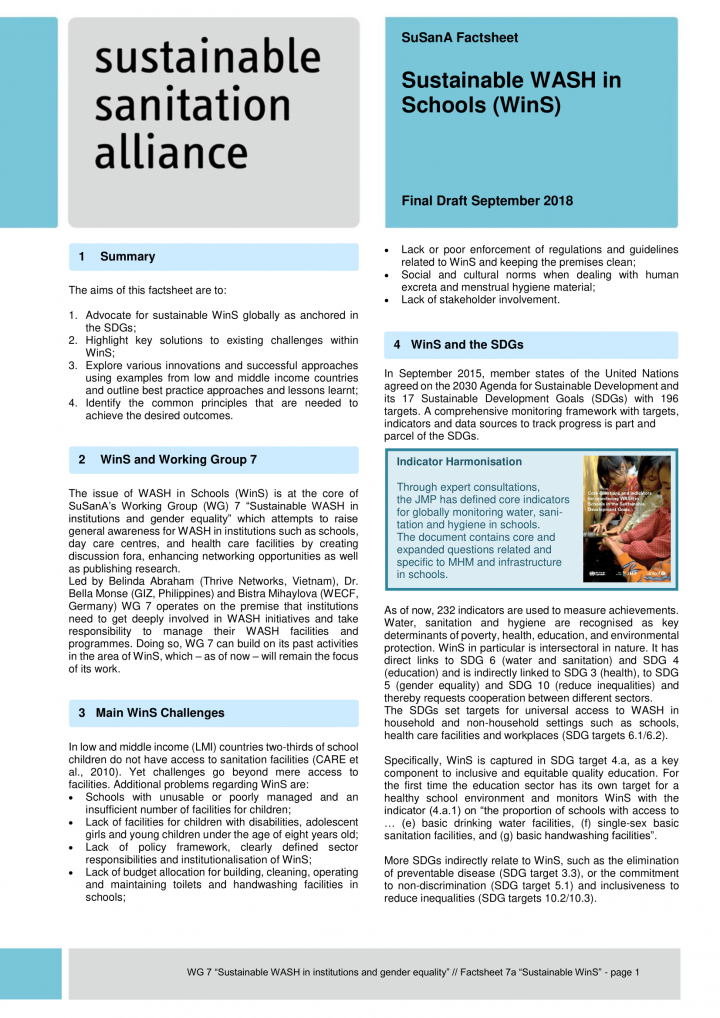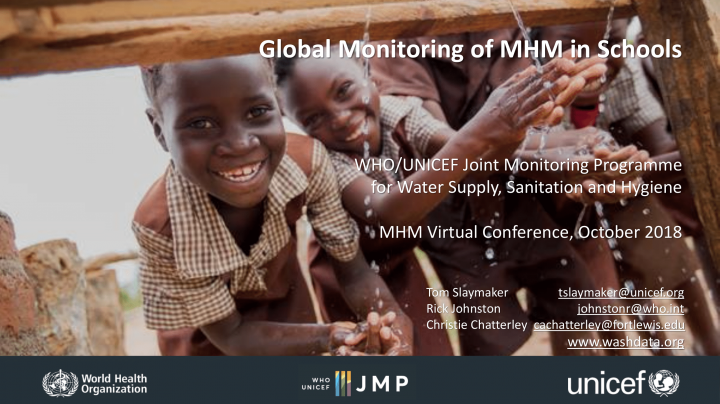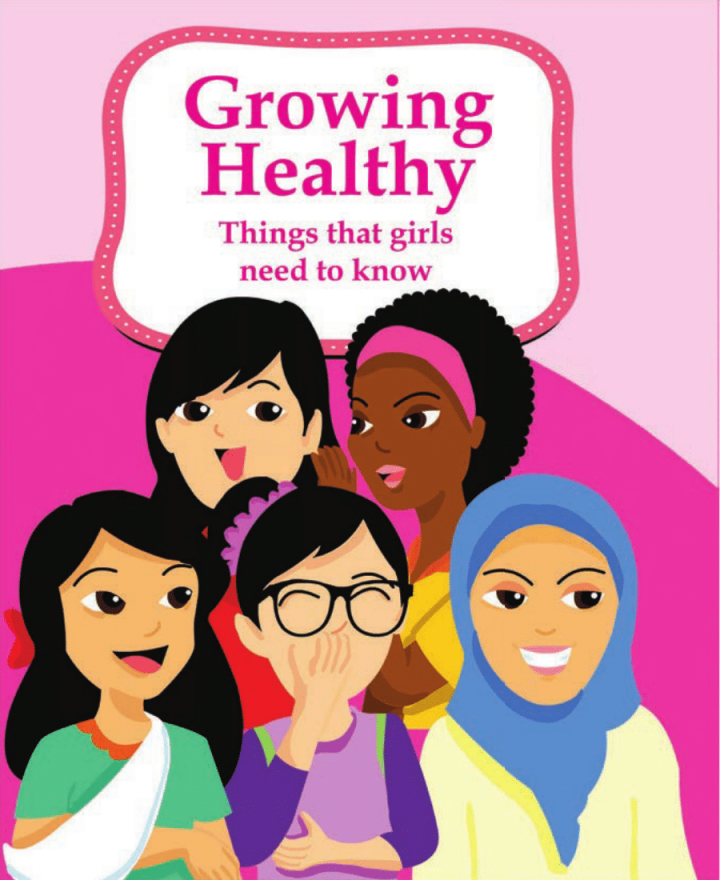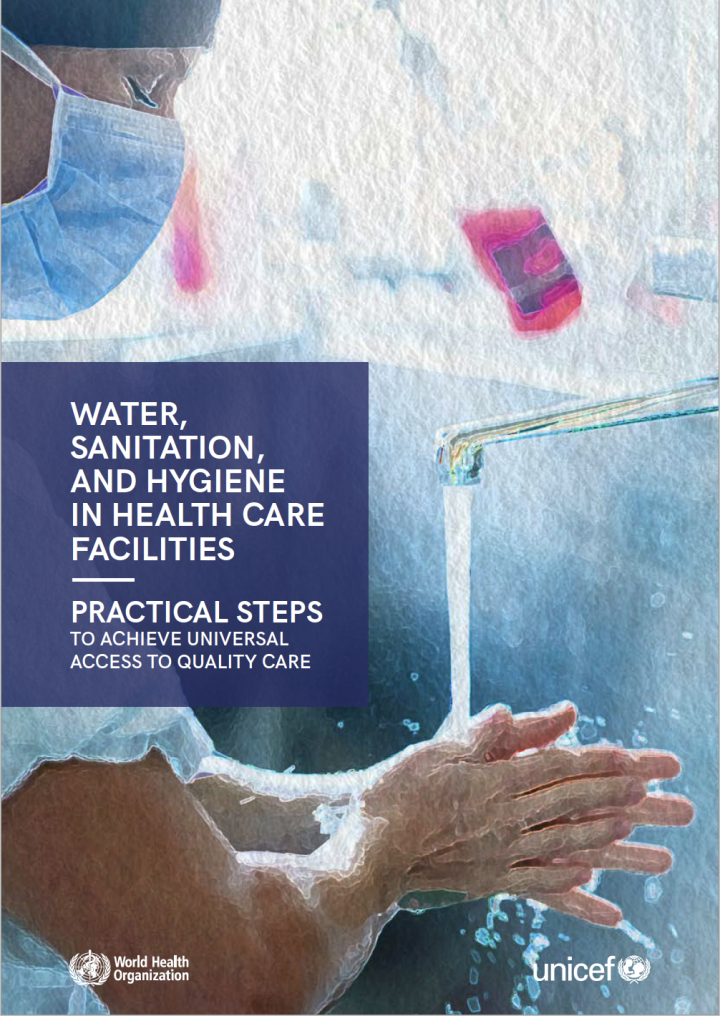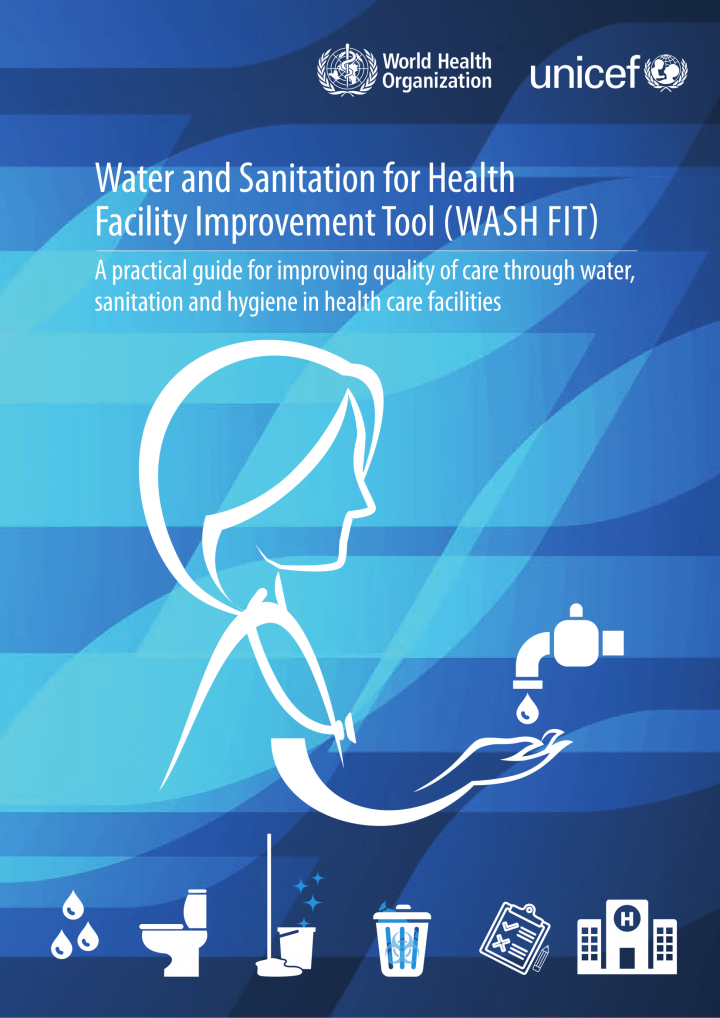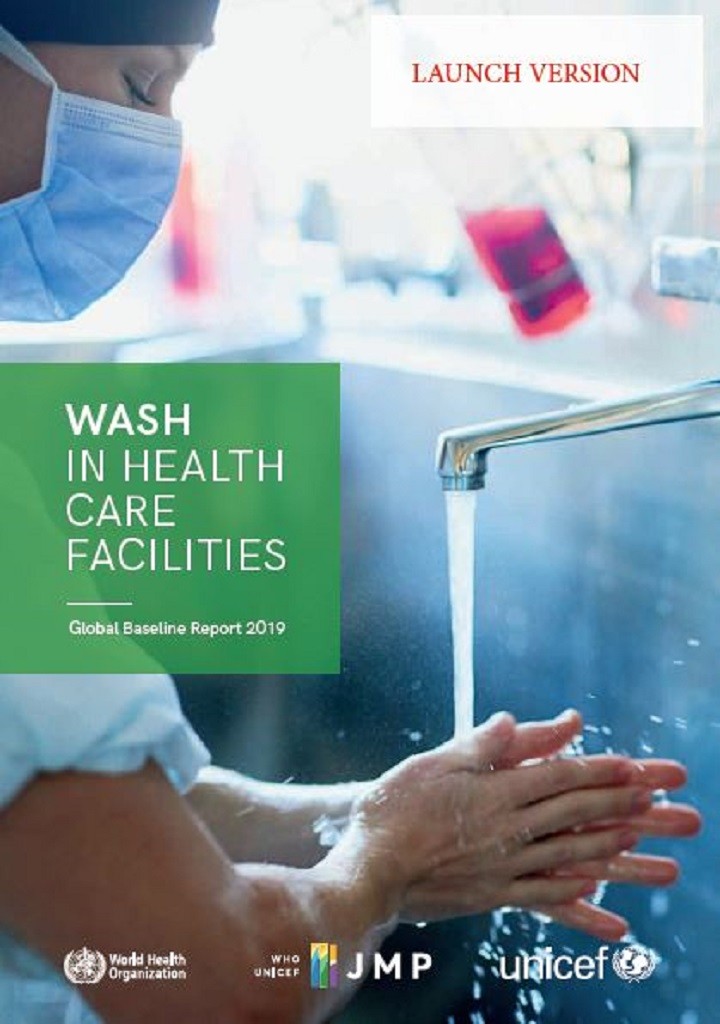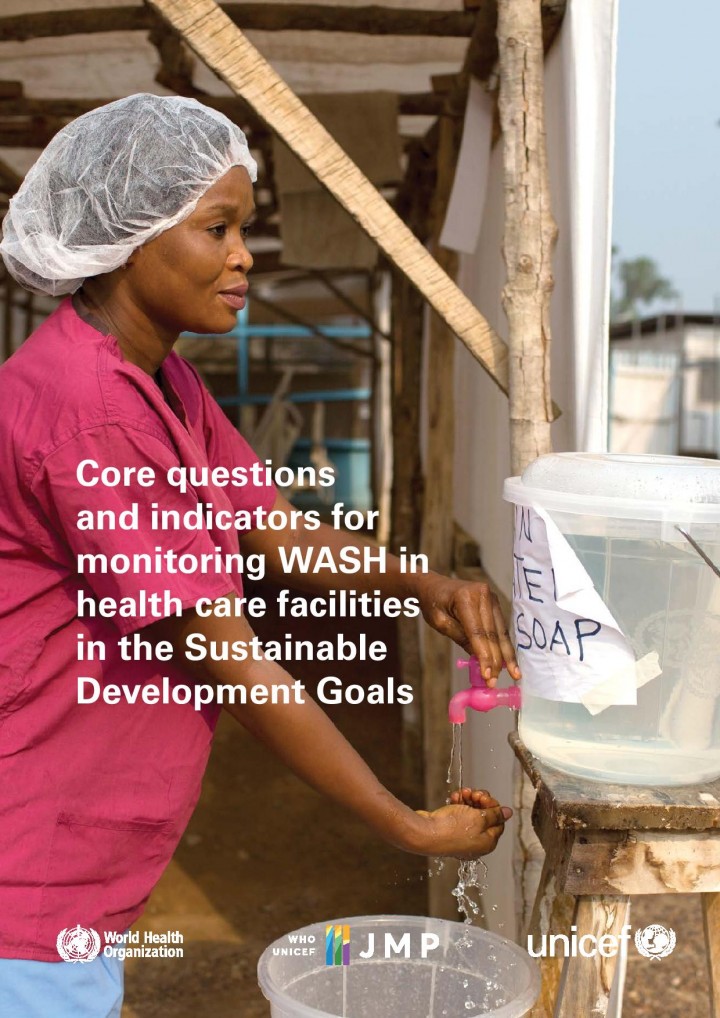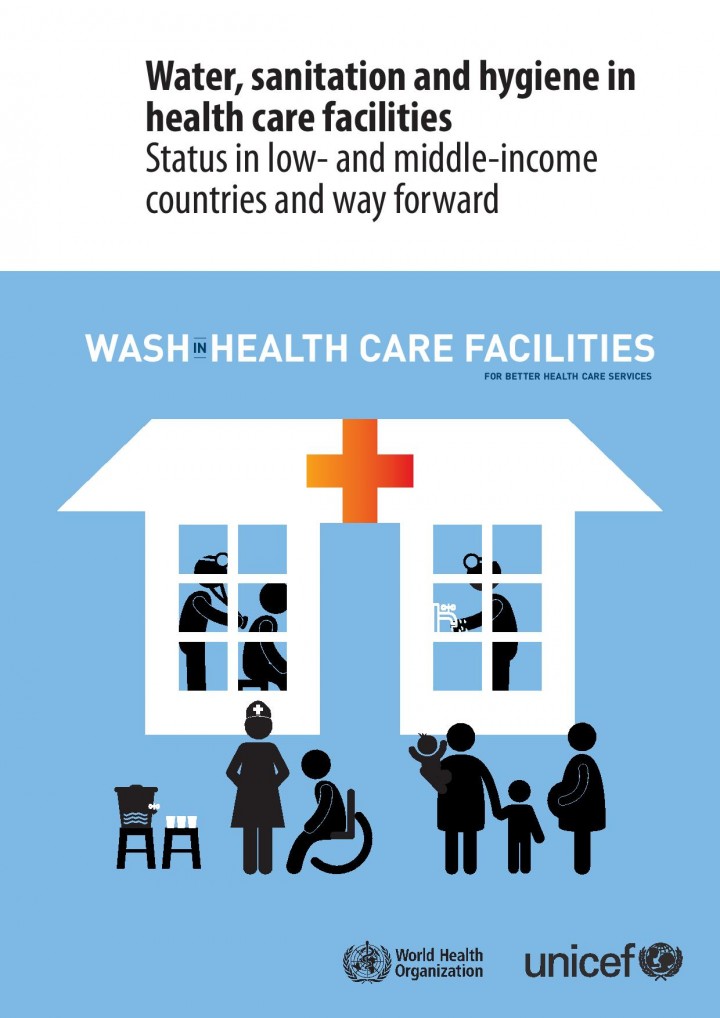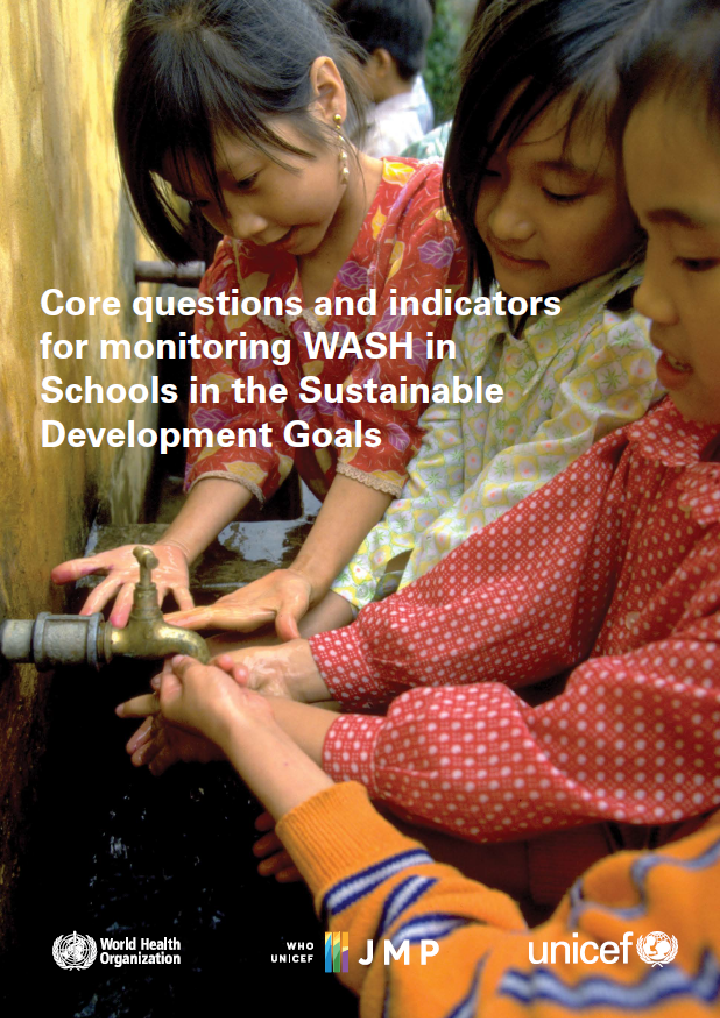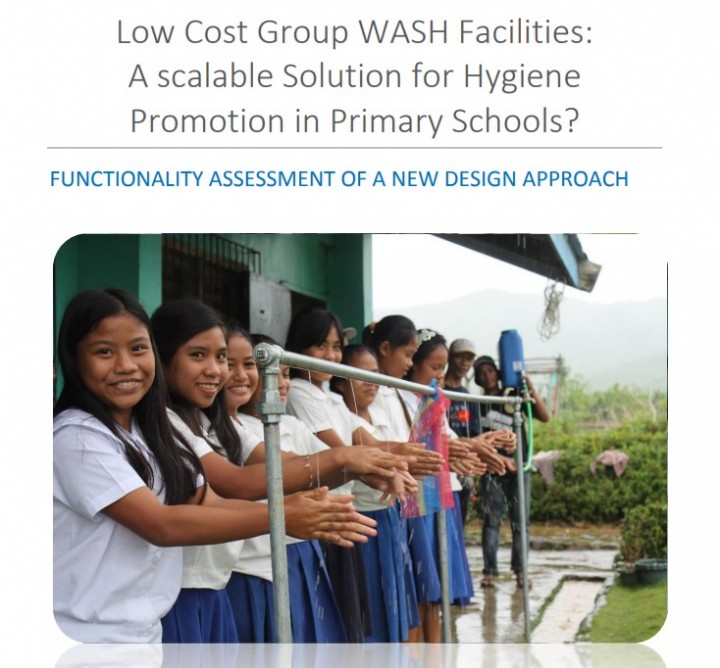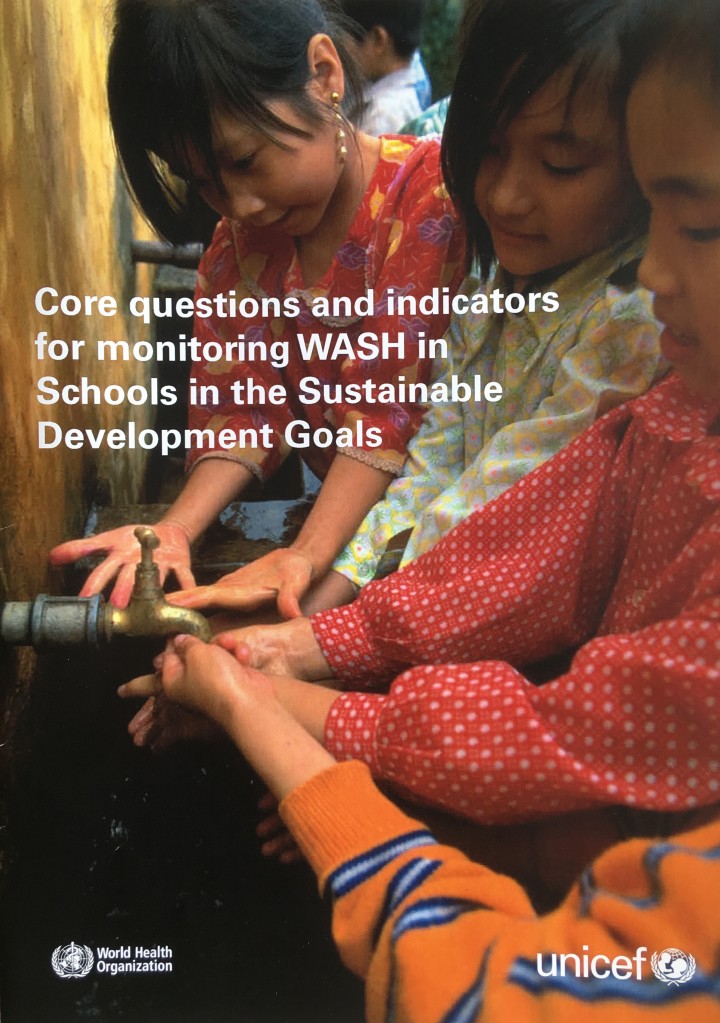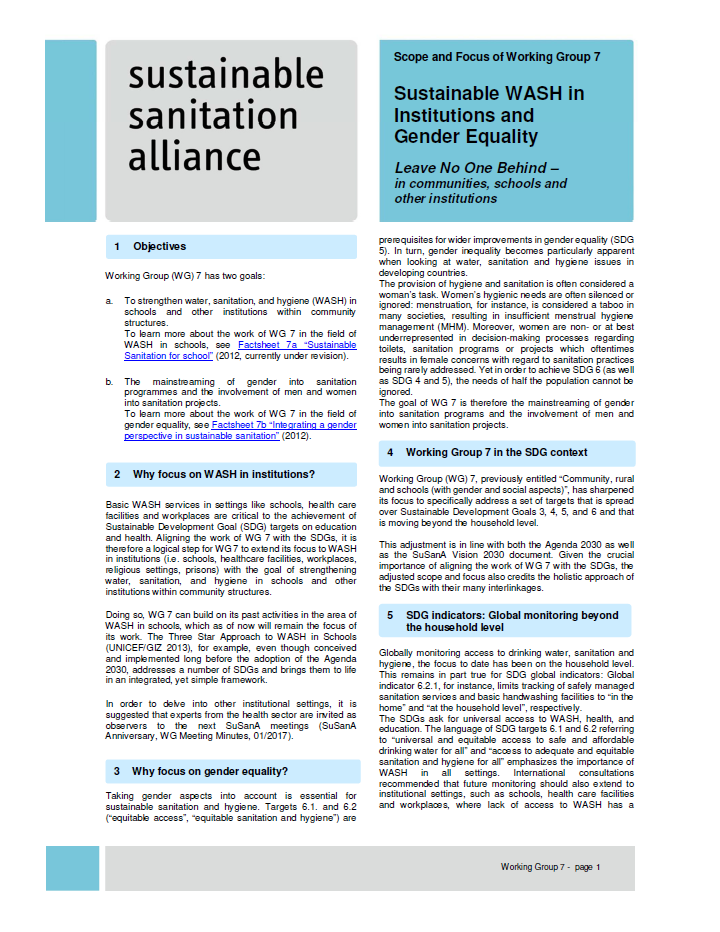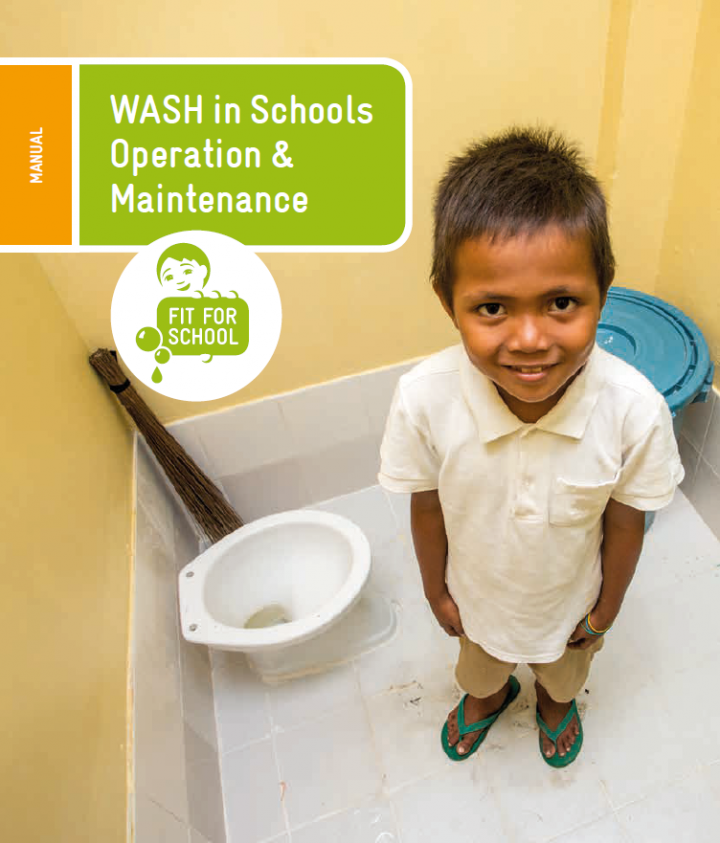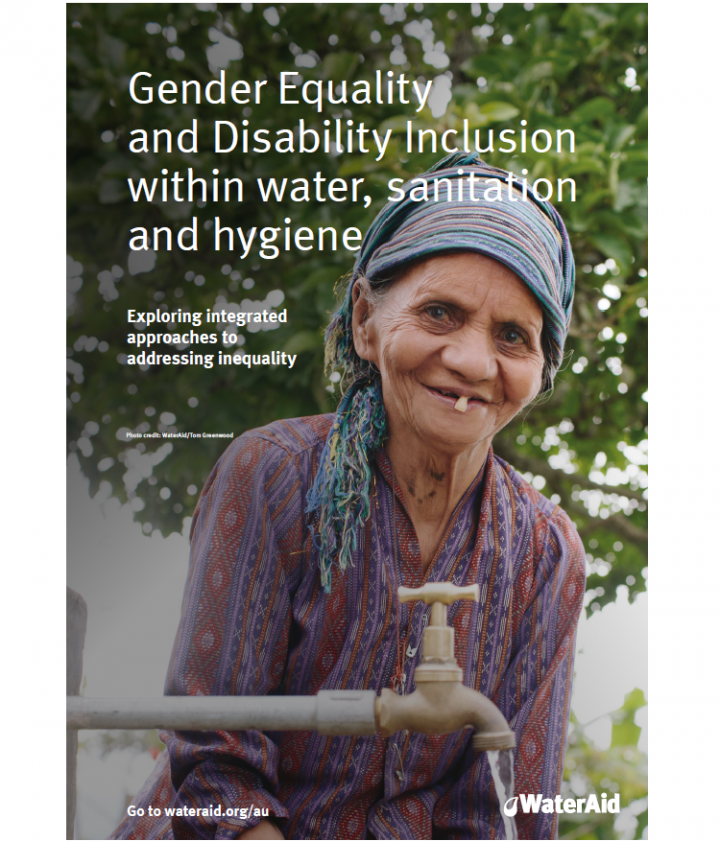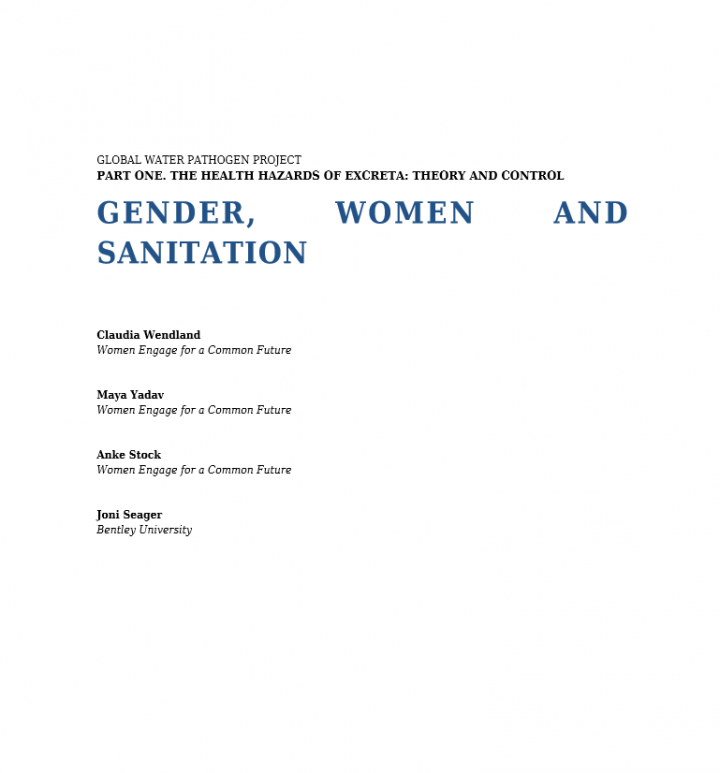Searching for information on Sanitation Workers?
The Sanitation Workers Knowledge + Learning Hub is the best source for all current news, trends, articles and updates on sanitation workers rights around the world.
Water, Sanitation and Hygiene (WASH) in Schools program in the Philippines has improved significantly over the past years of implementation and contributed to the health and well-being of school children. The program started in 2016 through the DepEd Order No. 10 S-2016 titled “Policy and Guidelines for the Comprehensive WASH in Schools (WinS) Program”. This policy has able to set specific …
The COVID-19 pandemic put front and centre for the needed attention on water supply, hand hygiene and sanitation.
Using the Enabling Environment matrix like a camera lens to view national-level actions, the collective country examples from 20 countries in Africa, Asia and the Pacific supply rich learnings and underline the positive momentum showed by Ministries of Education to lead WinS, and …
LEDeG and BORDA have been working in partnership since 1987. Initially cooperation was focused on renewable energy projects which provided electricity to 67 villages through micro-hydro technology. The cooperation was later expanded to include a range of income generation activities such as food processing, handicrafts and food production. In recent years the cooperation has evolved to focus on …
ENPHO and BORDA have been working in partnership since 2004 to improve living conditions and to protect natural resources and climatic conditions in inadequately served urban and peri-urban settlements in South Asia. Concentrated in the field of urban sanitation, key achievements include technical support and scaling up of Decentralized Wastewater Treatment Systems (DEWATS), introducing Faecal …
The Native Medicare Charitable Trust (NMCT), the Bundesministerium für wirtschaftliche Zusammenarbeit (BMZ), the Karl Kübel Foundation (KKF) and the Karl Kübel Stiftung (KKS) organized various programmes due to MHM day celebration. They created a theme for MHM day 2021, which was “Time to celebrate our Womenhood”. Based on the theme they conducted a competition as well as various types of …
WoMena considers positive social norms as an essential component of menstrual health. Therefore, since its beginnings in 2012, WoMena has included community engagement, in particular male engagement, as part of its theory of change and policy. WoMena has also developed a 10-point strategy and reflected this in its monitoring and evaluation (M&E) framework.
Much of the literature on SRHR draws …
The WASH in Schools Network (UNICEF, GIZ, Save the Children, WATERAID; Emory, LSHTM, among others) has compiled this knowledge map with links to relevant materials about COVID-19 for learners, their families and the education system. The map is intended for the time when schools are closed and in preparation for re-opening of schools. We want to help you navigate through the jungle of information …
The aims of this factsheet are to:
1. Advocate for sustainable WinS globally as anchored in the SDGs;
2. Highlight key solutions to existing challenges within WinS;
3. Explore various innovations and successful approaches using examples from low and middle income countries and outline best practice approaches and lessons learnt;
4. Identify the common principles that are needed to …
Menstruation is a sign of health, growth, and development for girls. It is part of the transition from being a girl to womanhood.
This is a child-friendly material intended to teach girls about their periods. It has practical information presented in an approachable manner, covering common questions about menstruation, tips on how to handle the transition, and myths about periods. …
The purpose of this document is to present eight practical actions that Member States can take at the national and sub-national level to improve WASH in health care facilities. It also summarizes the global response to the UN Secretary General’s Call to Action. This document is a companion to the WHO and UNICEF JMP 2019 SDG baseline report for WASH in health care facilities (available in the …
UNICEF and World Health Organization (WHO) have collaborated to produce the WASH FIT tool in Arabic, English, French, and Spanish.
This tool is designed for use by health care facility managers and health care staff e.g., the chief medical officer, financial administrator, doctors, nurses and persons in charge of managing water and waste. The WASH FIT guide contains practical step-by-step …
The WHO/UNICEF JMP has expanded its global databases to include WASH in health care facilities. The 2019 global baseline report includes harmonized national estimates as well as regional and global estimates for 2016.
The Key messages for sanitation are:
In 2016:
1. 18 countries and only one SDG region had sufficient data to estimate coverage of basic sanitation services in health care …
WHO and UNICEF, working with the Global Task Team for monitoring WASH in health care facilities (HCF), have developed a set of core questions and indicators for WASH in HCF, in support of monitoring WASH in the 2030 Agenda for Sustainable Development. The indicators include definitions for basic water, sanitation, hand hygiene, health care waste management, and environmental cleaning services. …
This report presents, for the first time, a global assessment of the extent to which health care facilities provide essential water, sanitation, and hygiene (WASH) services. Drawing on data representing 66,101 facilities in 54 low- and middle-income countries, the report concludes that 38% of facilities lack access even to rudimentary levels of WASH. When a higher level of service is factored in, …
This updated document presents recommended core questions to support harmonised monitoring of WASH in schools as part of the SDGs. The questions map to harmonised indicator definitions of “basic” service and to service ladders that can be used to monitor progress. They are intended for use in national or sub-national facility surveys and census questionnaires.
If national and sub-national …
The scope and focus document of SuSanA Working Group (WG) 7 Sustainable WASH in Institutions and Gender Equality (Leave No One Behind – in communities, schools and other institutions)
WG 7 has two goals:
a. To strengthen water, sanitation, and hygiene (WASH) in schools and other institutions within community
structures. To learn more about the work of WG 7 in the field of WASH in schools, …
This manual is used in selected schools in the Division of Batangas in the context of researching the conditions to improve O&M of sanitation facilities in public elementary schools in the Philippines. Users of this manual are highly encouraged to provide feedback on their experience using this tool to improve the next edition. The learnings of this research project are supporting the further …
Addressing gender inequality and disability rights is critical to a rights-based approach to water, sanitation and hygiene (WASH) programming. Rights-based WASH should reflect all human rights principles, including ‘equality
and non-discrimination’, and ‘participation and inclusion’. Approaching WASH with an inclusive lens is essential for achieving universal acces.
This paper centres …
Women and girls are especially affected by inadequate sanitation because of gender related differences - cultural and social factors - but also because of sex-related differences - physiological factors. Gender refers to the social differences and relations between men and women which are learned and often constructed and which differ in various societies and can change over time.
There are …

